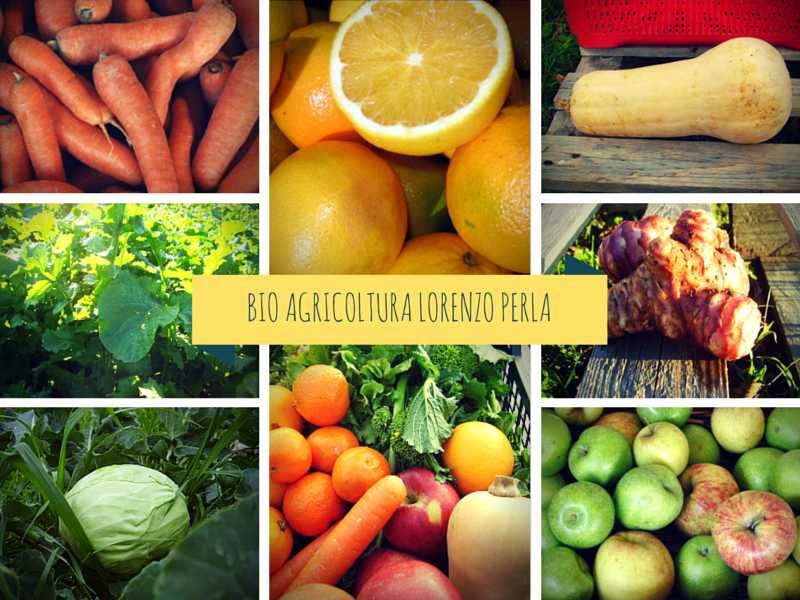We believe that working together we can change the way we experience food into a cleaner and fairer system.
This is a golden time for food, which is becoming the trending topic on every social network and is attracting investors and startuppers. Expo 2015, a pivotal event and a chance for Italy to value its companies and, even more, its food, is drawing attention on the relation tech and food and the revaluation of our produce. Kalulu is a product that focuses on SFCS and solidarity purchase groups aiming at appraising hand made produce, and, in doing so, it uncovers a growing demand, especially from big cities. In Milan and Rome, the demand for healthy produce of known origin, is increasingly becoming a necessity. With these key ideas in mind we spoke to one of the founders of Kalulu, Emanuel Sabene.
How was Kalulu born and what are its current numbers?
The idea came to life exactly on April 13th 2008, when I saw an episode of Report named “Buon Appetito!”, which depicted the distorted logic behind the provision of everyday food.
Considering the described scenario, one was the answer: aggregate the demand to shorten the supply chain, gradually shedding all the intermediaries and combining web technology with my solidary purchase group experience to revive the old habit of farmers bringing their produce into cities and selling them directly to the consumer. That night, while the credits ran on the screen, everything was born. It took years to find the means and the right partners, but here we are today. My partners Giorgio and Domenico and I firmly believe that the only guarantee of truly genuine, sustainable and fair (for everyone) food comes from a personal relation between producer and consumer, without refrigerators, warehouses, packaging, trucks and markets in between. It took 6 years to bring Kalulu to life, from 2008 to 2014, and we did everything on our own, without help, grants, funding or tycoons.
Today the numbers tell the story of the promise this idea holds: in 6 months of activity we have over 13000 registered users, and our local farmers can now distribute 6 tonnes of food per month. We are active in Rome and Milan, where we have made an effort to create a scalable and applicable model. We will soon start out in other cities, in Italy and abroad.
What is your relation with producers, how do you select them and check their products?
Kalulu is an open platform and registration is free. Our staff verifies that all information given by the producers is true before publishing the page. We personally visit the farmers and try firsthand their products. But the best guarantee is provided by the consumers, who are always diligent in commenting every delivery.
Our staff collects all the comments and manages them. Kalulu is completely impartial: its the users who select the producers through their feedback and choices.
We are still experiencing an economic crisis. How does Kalulu contributes to cutting costs?
The answer is easy: we take out the intermediation and cut logistics and transport expenses. Recent studies say that 80% of the final cost of products in the large-scale retail trade is for intermediation and logistics: only 20% goes to the producer, and often it is a fixed price imposed by buyers under the threat of changing supplier. The market accepted to lower the quality in order for intermediaries to make more profit, at the expense of the consumers, so our goal is to turn this logic upside down. Kalulu offers small farmers the chance to reach a consistent clientele within its territory; also it is the producer who sets the price and delivers directly to the clients and, on the other side, it’s the consumer who chooses consciously who to buy from.
The hidden cost of the traditional food supply is externality – meaning all the expenses that remain unperceived but fall back on the price of goods. Tomatoes are a good example: they travel on average 354 km from field to supermarket. The CO2 produced by the transportation would be enough to fill an entire dinig room. Externality in this case means that people are paying tomatoes 0.49 cents/kilogram, but are also unknowingly causing toxic emissions and wasting resources. This pattern is favoring global warming and pollution and it will fall onto the community in terms of recovery or health costs.
The short supply chain Kalulu offers turns the producer into main players in the market, cutting externalities almost completely.
What kind of feedback do you receive regarding the encounter of producers and consumers?
The response of our users has been beyond expectations. Consumers are enthusiastic and so are the producers: our statistics on delivery appreciation say that 98% of customers are satisfied. And users are, even more than social media, our best promoters: word of mouth contributes immensely to widening Kalulu’s virtuous circle.
What are the your next steps, do you have any project concerning mobile commerce?
Of course we do. We all come from the tech world and possess experiences and a know-how hard to find in a mediterranean startup: technology is indeed our strength. Kalulu is already implementing a complete framework for geolocalized disintermediation; over 50% of our transactions are made from mobile phones and our all business logic is strongly location-aware. We are about to release an app which adds new push features, a better engine, community feature on the user’s side and a powerful, “portable” crm for the producers.
The real technological challenge is being able to keep things simple, straightforward and easy for bot hour consumers and our producers: using Kalulu will always be easy and accessible for everyone.
Do you think that Expo 2015 could be a chance to give value and visibility to yours and similar products?
We have been offered various partnership proposal for Expo and we are evaluating them. For us it would be and important window and we know we have all the numbers to showcase what we do and the positive effects of our model. In this regard, we are determined to team up with everyone who promotes land protection, innovation for sustainability, environmental impact and local food. We believe that working together we can change the way we experience food into a cleaner and fairer system.




